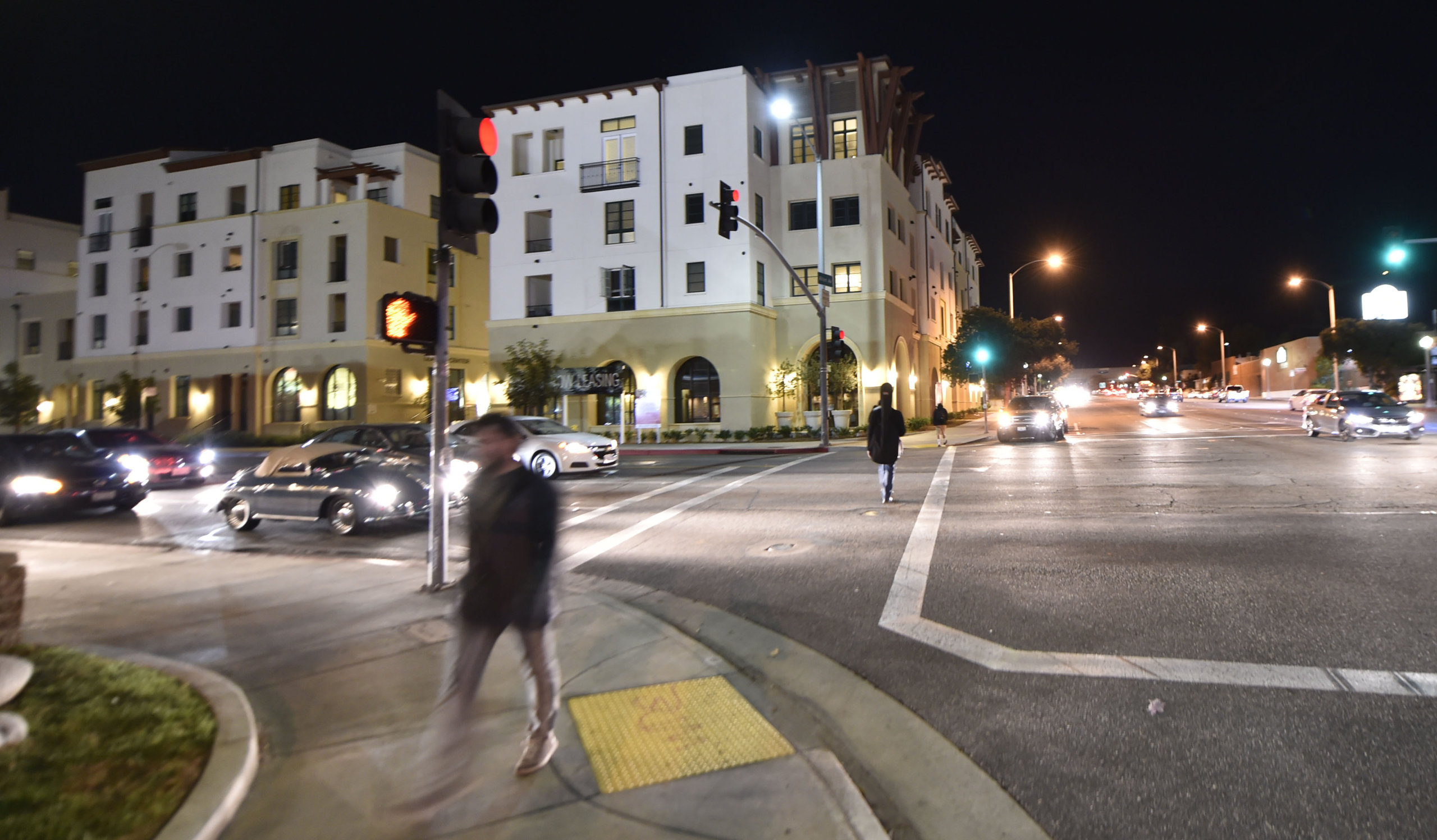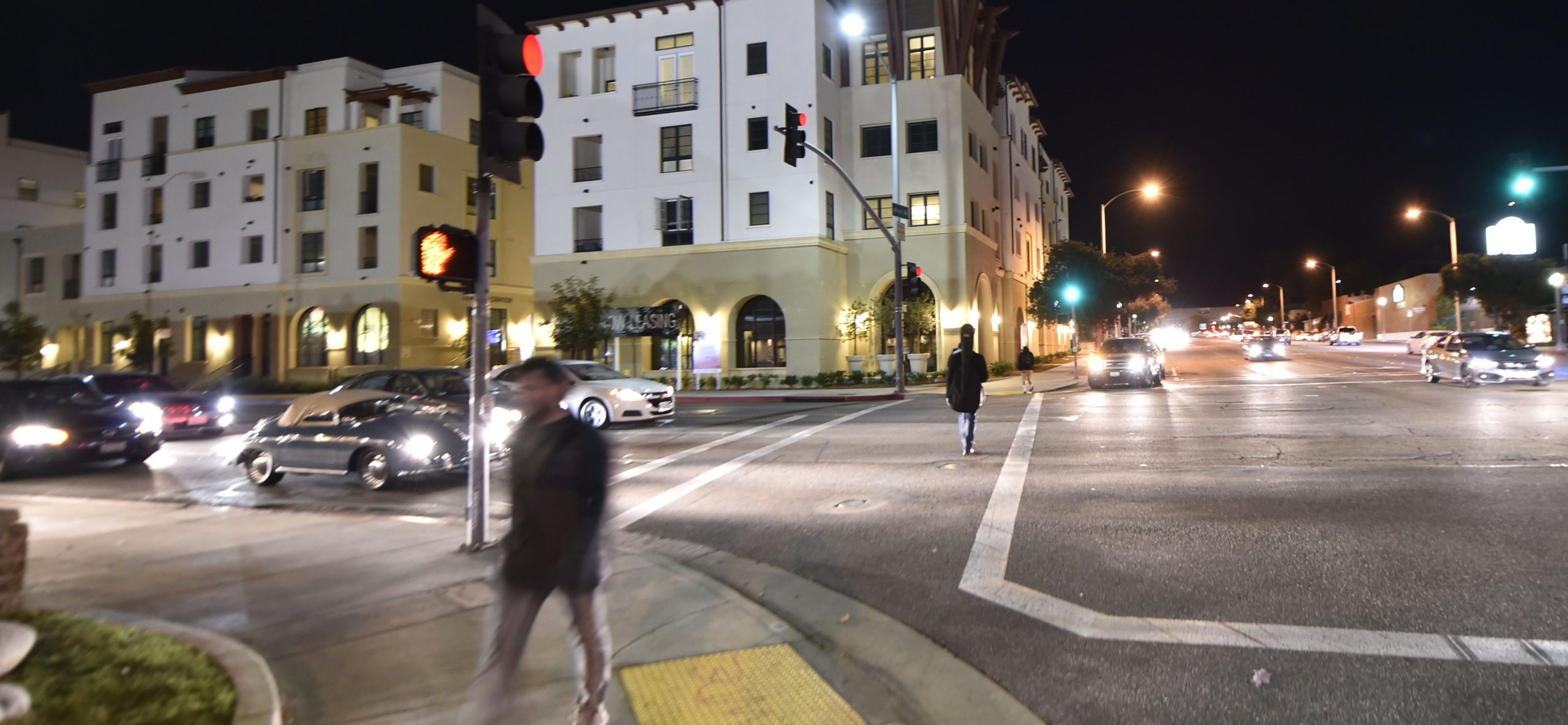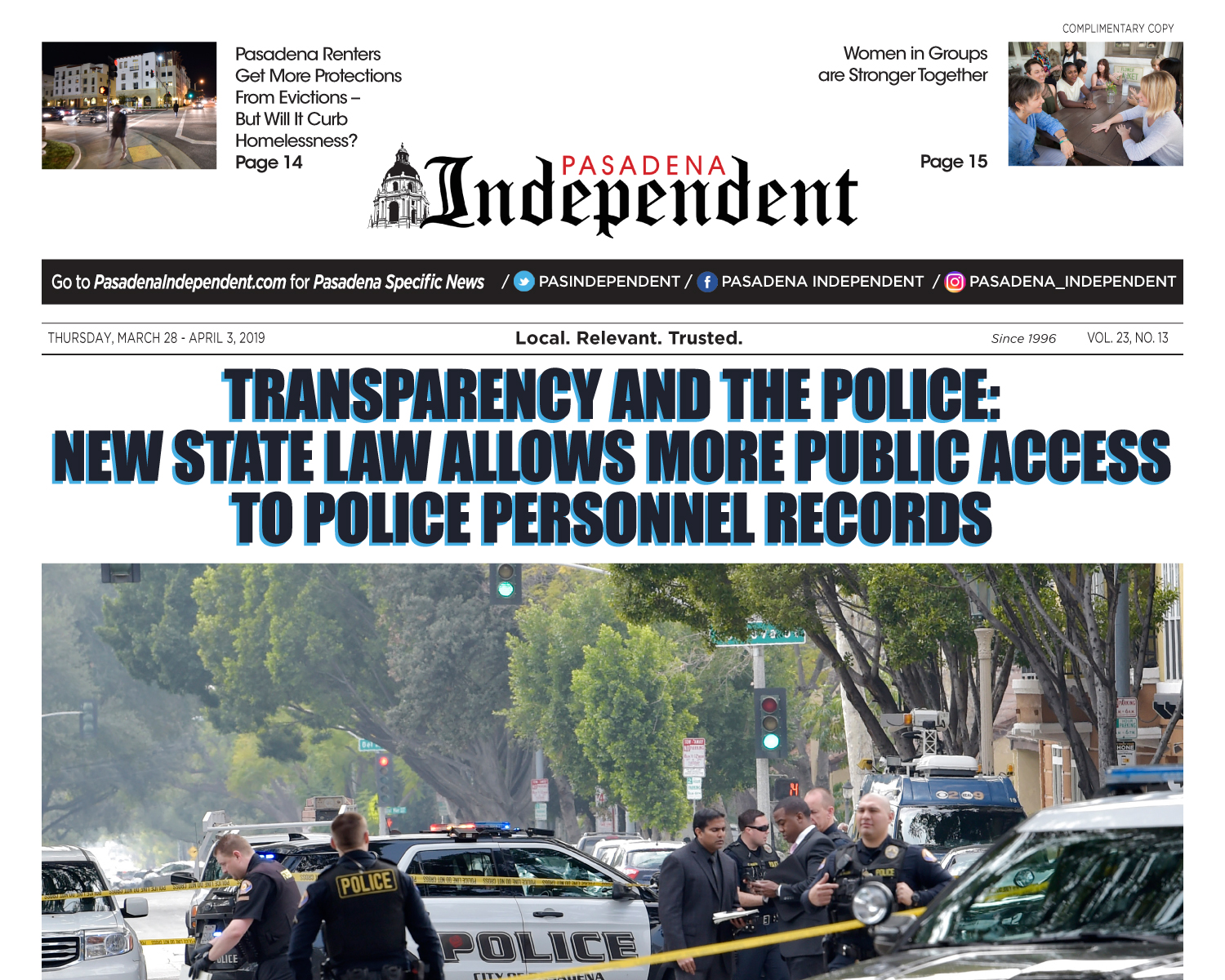
By John Orona
The Pasadena City Council unanimously voted to update the Tenant Protection Ordinance with three modifications that would give renters more compensation if they are forced out of their home — but tenants’ rights groups say that by focusing only on relocation Pasadena’s most vulnerable citizens will continue to face housing insecurity.
The ordinance was heavily criticized by the public during the meeting for the lack of data supporting its modifications and for a perceived conflict of interest among the council, many of whom are landlords themselves.
“We have two studies that were supposed to be completed in 2016 that have not yet begun: one is on the Tenants Protection Ordinance including a full review of that ordinance,” Michelle White said during public comments. “These issues have been brought to the attention of the planning committee and nothing has been done about it.”
The council did not respond to White’s comments but ordered staff to return to the council with more data on rent increases within 12 months.
According to Pasadena City Attorney Michele Beal Bagneris, the council is not subject to conflict-of-interest issues on this matter. However, a federal agency overseeing conflict-of-interest laws has barred one Glendale councilmember from participating during their similar rent control discussions for having interest in apartment buildings in the city.
“I’ve heard on the council there is not an appetite for rent control and just cause eviction but there is an appetite for it in the city,” Jane Panangaden, member of the Pasadena Tenants Union said, referring to an earlier comment made by Mayor Tornek. “This council is composed of landlords and people who work in real estate but the city is composed of tenants.”
More than 43 percent of Pasadena renters spend 35 percent or more of their income on rent. According to a Zillow report, when the average income spent on rent in a community exceeds 32 percent, there is a strong correlation to rapid increases in homelessness and housing insecurity.
The ordinance already required landlords to compensate tenants who are in good standing and within 140 percent of the median area income level under five circumstances:
- demolition.
- conversion to condominium.
- permanent removal of the unit from the rental market.
- occupancy by the landlord or a family member.
- government order to vacate.
- termination of tenancy in housing owned by educational institutions in which the status of tenants as student, faculty, or staff were discontinued by more than 365 days prior to tenancy termination.
The updated ordinance adds to that list. Now, if there is a large increase in rent — measured as 5 percent plus the consumer price index (CPI) — within 18 months of a change in rental property ownership, landlords will have to pay relocation fees.
Between 2013 and 2017, median year-over-year rent prices in Pasadena increased by more than five percent three times, according to Census Bureau data. In 2017, the last year of available data, median rent prices in Pasadena rose more than seven percent. Over the past year the CPI for rent rose 3.5 percent nationally.
The ordinance also increased the relocation allowance from twice the HUD fair market rent rate to 2.5 times in order to better reflect the current market prices in Pasadena. That means someone in a two-bedroom home who is forced to relocate will get $4157.50 in compensation instead of $3326. The compensation is meant to mitigate the costs of first and last month’s rent when finding a new place to live.
The final update to the ordinance would give qualifying tenants an additional 10 percent increase to the base relocation fee for every year that they’ve lived in their home beyond 10 years, for an up to 200 percent increase in compensation.
However, according to Census Bureau data less than 15 percent of Pasadena renters have lived in their units for more than 10 years, with 43 percent only living in their homes for two years.
According to Housing Department Senior Project Manager Jim Wong, when staff was asked to explore options for expanding tenant protections last October they were directed not to consider rent control or just cause eviction policies, meaning any recommendations would be necessarily narrow in benefit to tenants.
Enforcement of the ordinance falls on tenants and landlords themselves, and landlords who are found in violation face a civil penalty of $500. A 2017 report on tenant protections found that over a 13-year period 91 Pasadenans benefited from the ordinance. To date, in fiscal year 2019 there were seven cases of tenants protected.







